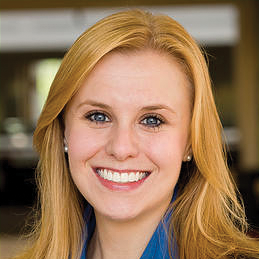Innovation and change undoubtedly challenge the status quo. Throughout history these things have reshaped our communities and improved our lives. From the inventions of the Industrial Revolution to radios, dishwashers, and cell phones, technological change fuels our economy and improves our lives every day.
But innovation is sometimes seen as disruptive. Established industries and technologies are displaced by new ones. We only need to look back a short way to find examples. Cars, for example, replaced the horse and buggy. Telephones replaced the telegraph. Computers replaced typewriters. This is not to say established industries go quietly in the face of newer, better alternatives. On the contrary, existing industries sometimes stop change that would benefit the public. Instead of innovating and adapting, they often turn to government to prevent new competition.
The latest victim in this competition-crushing game is app-based ridesharing—the services provided by Uber and Lyft. From Tampa, Florida, to Paris, France, these upstarts have been subjected to strict regulations if not banned outright. The question whether new technology should replace old ought to focus on consumer welfare not entrenched special interests. Unfortunately, when it comes to ridesharing, special-interest politics is behind attempts to halt progress.









